If you suffer from sleep apnea, you know how important it is to have access to your CPAP machine for a good night’s sleep. But what happens when you want to go camping or embark on a long-distance air travel journey? This is when a dependable CPAP battery for camping comes in handy.
Next, we’ll take an in-depth look at the need for CPAP batteries for camping, the different types available, essential features to consider, tips for use, packaging and transportation advice, and frequently asked questions. Let us make sure your camping experience stays comfortable while meeting your sleep apnea needs.
1. Understand the Need for CPAP Batteries for Camping
Before we go into the details of CPAP batteries, let’s talk about sleep apnea and the meaning of CPAP treatment. Sleep apnea is a sleep condition characterized by pauses in breathing during sleep. CPAP (Continuous Positive Airway Pressure) treatment delivers a continuous flow of air through a mask, keeping the airway open and ensuring uninterrupted breathing. Individuals with sleep apnea must use a CPAP machine to preserve optimal sleep quality and general well-being.
One of the biggest challenges of camping with a CPAP is finding a reliable CPAP power supply for camping. Traditional CPAP machines rely on power outlets, which are often unavailable in wilderness areas. A CPAP battery pack comes in helpful in this situation since it provides a portable power source for your machine while you enjoy the great outdoors.
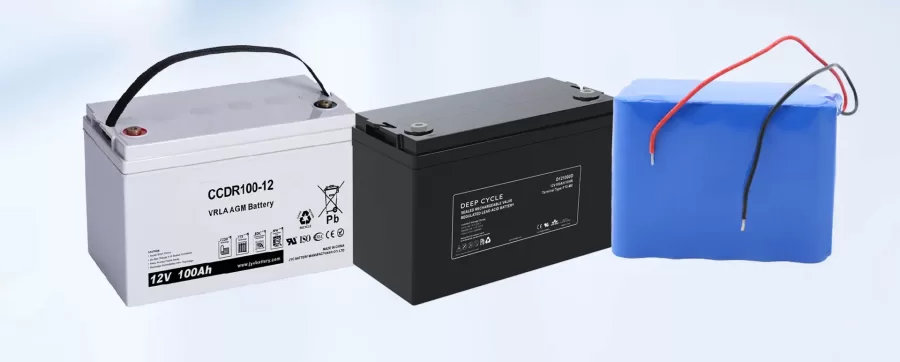
2. Types of CPAP Portable Battery for Camping
There are three main types of CPAP battery packs for camping: lithium-ion, AGM, and deep cycle.
Lithium-ion batteries:
Lithium-ion batteries are the lightest and most portable type of CPAP battery backup for camping. They also have a high capacity and can last for several nights on a single charge. However, lithium-ion batteries are also the most expensive type of CPAP portable battery.
Lithium-ion batteries are a good choice for campers who are looking for a lightweight and portable battery that can last for multiple nights on a single charge. They are also a good choice for campers who travel frequently, as lithium-ion batteries are less likely to leak than other types of batteries.
AGM Batteries:
AGM batteries are also lightweight and portable, but they have a lower capacity than lithium-ion batteries. AGM batteries are also more affordable than lithium-ion batteries.
AGM batteries are a good choice for campers who are looking for a more affordable CPAP battery camping. They are also a good choice for campers who only need to use their CPAP battery for one or two nights at a time.
Deep Cycle Batteries:
Deep cycle batteries are the most affordable CPAP battery kind, but they are also the heaviest and most hardest to travel. Deep cycle batteries are a good choice for campers who are on a budget and who don’t mind carrying a heavier battery. They are also a good choice for campers who need to use their CPAP battery for multiple nights at a time and have access to a power source to recharge the battery.
Here is a table that summarizes the pros and cons of the three CPAP rechargeable battery pack:
| Type of battery | Pros | Cons |
| Lithium-ion | Lightweight, portable, high capacity | Expensive |
| AGM | Lightweight, portable, more affordable than lithium-ion batteries | Lower capacity than lithium-ion batteries |
| Deep cycle | Lightweight, portable, and more affordable than lithium-ion batteries | Heavy, difficult to transport, may not last for an entire night on a single charge |
The best battery backup for CPAP batteries for camping is determined by your specific demands and budget. A CPAP lithium battery pack is a wonderful alternative if you want the lightest and most portable battery. If you are on a budget, a deep-cycle battery may be a better choice. Anyway, choosing the best CPAP battery for camping depends on factors such as weight, runtime, and the specific needs of your CPAP machine.
3. Characteristics to Consider When Choosing CPAP BatteryBackup
Several key characteristics should be evaluated when selecting a CPAP battery for camping:
- Capacity: The battery’s capacity determines how long it will power your CPAP machine. Consider how much runtime you’ll need for your camping trip and select a battery with enough capacity.
- Wattage/Power Output: Ensure that the battery’s wattage is compatible with your CPAP machine’s power requirements. Additionally, make sure the battery offers a stable power output to protect your machine from damage.
- Pure Sine Wave vs. Modified Sine Wave: Some CPAP machines require a pure sine wave power source for optimal operation. Ensure that the battery you choose provides the appropriate output, preventing any compatibility issues.
- Weight and Portability: Look for lightweight and portable options that won’t weigh you down during your camping adventures. Carrying a large battery might reduce your enjoyment of your outdoor adventure.
- Safety Features: Prioritize batteries with safety features such as overcharge, over-discharge, and short-circuit protection to ensure the longevity and safety of both the battery and your CPAP machine.
4. How to Use CPAP Batteries While Camping?
To use a CPAP battery while camping, simply connect the battery to your CPAP machine using the included DC power cord. Then, switch on your CPAP machine and choose “Battery” as the power mode.
Here are some tips for conserving battery power while camping:
- Lowering the humidity and heat settings
- Using a heated tube sparingly
- Reducing the pressure setting within prescribed limits
- Using a pure sine wave inverter
If you encounter issues such as reduced battery life, consider carrying spare batteries or using power-saving tips like carrying a solar panel charger or power bank, especially for longer camping trips.
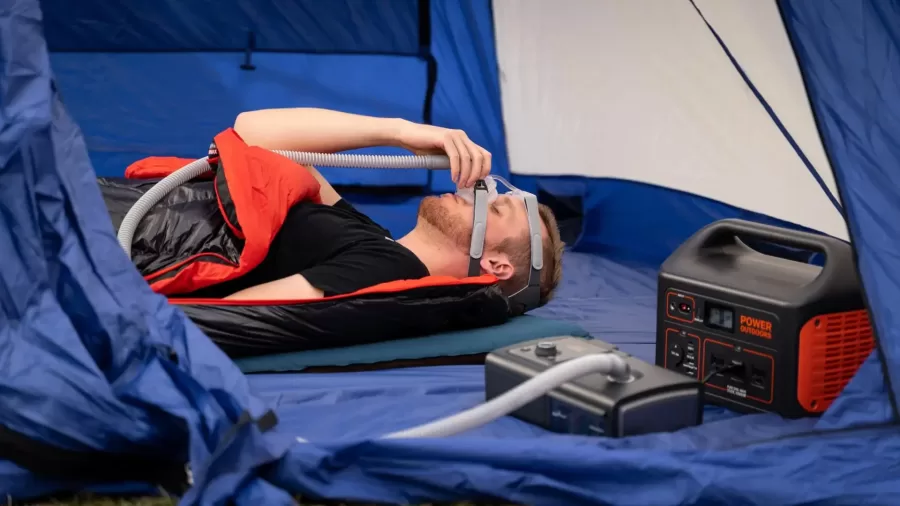
5. CPAP Travel Battery Pack Packing and Transportation Tips
How to Safely Pack CPAP Batteries?
- Remove the battery from the CPAP device and place it in a protective case or bag. This will avoid any unintentional damage during shipping.
- Ensure that the battery terminals are covered or protected to prevent short circuits.
- If the battery has any loose wires or cables, secure them using twist ties or cable organizers to avoid any tangling or damage.
- Keep the battery away from sharp objects or items that could puncture it.
- If your battery has a separate charger, pack it separately to prevent any potential damage from contact with other objects.
How to Transport CPAP Batteries on an Airplane?
- Check with your airline in advance about their specific regulations for carrying CPAP batteries. Different airlines may have different rules.
- Pack your CPAP battery in your carry-on luggage, rather than checking it in. This ensures that you have access to your battery in case you need it during the flight.
- Place the batteries in a transparent plastic bag for airport security screening.
- It’s recommended to have the manufacturer’s label or information on the battery, which states that it is approved for air travel. This can help avoid any misunderstandings or issues with security personnel.
- Inform the airline staff during check-in or security screening that you are carrying medical equipment, such as a CPAP machine and battery. They may be required to follow specified norms or processes.
6. FAQ About CPAP UPS Backup Battery for Camping
1. What Size CPAP Battery Do I Need?
The battery size you need depends on factors such as your CPAP machine’s power requirements, runtime needed, and personal preferences. Choose a battery with sufficient capacity to accommodate your camping needs. Click here to speak with a CMB specialist about CPAP battery pack design.
2. How Long Will My CPAP Battery Last?
The battery’s runtime depends on its capacity, the power requirements of your CPAP machine, and the settings you use. Determine your needs and select a battery that offers the desired runtime. Most CPAP batteries will last for between 8 and 12 hours on a single charge.
3. Can I Use My Car Battery to Power My CPAP Machine While Camping?
It is not recommended to directly connect your CPAP machine to a car battery. Instead, use a CPAP battery that is particularly built for this purpose to assure compatibility, safety, and best performance.
4. How Do I Care for My CPAP Batteries? How Do I Store My CPAP Batteries When Not in Use?
Follow the manufacturer’s instructions for proper care and storage of your CPAP batteries. Avoid extreme temperatures, maintain regular charging cycles, and store them in a cool, dry place.
By following these guidelines, you may have a stress-free and pleasurable camping vacation with your CPAP machine.
In summary, CPAP batteries are the perfect solution for ensuring uninterrupted sleep apnea treatment during camping trips. Selecting the right battery, understanding its features, and using it properly are key to enjoying a perfect outdoor adventure. Start a camping journey and a peaceful night under the stars awaits you.

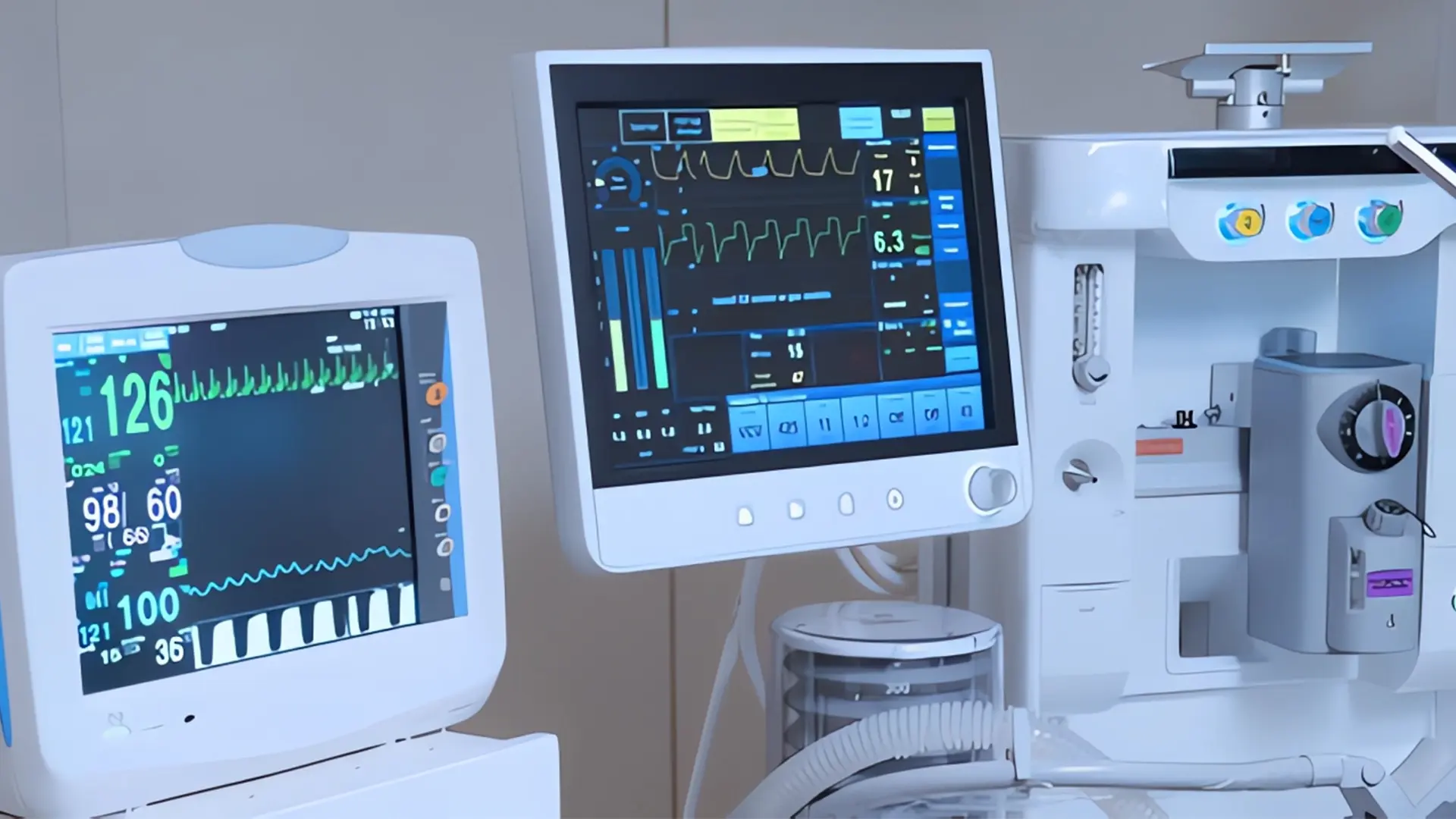
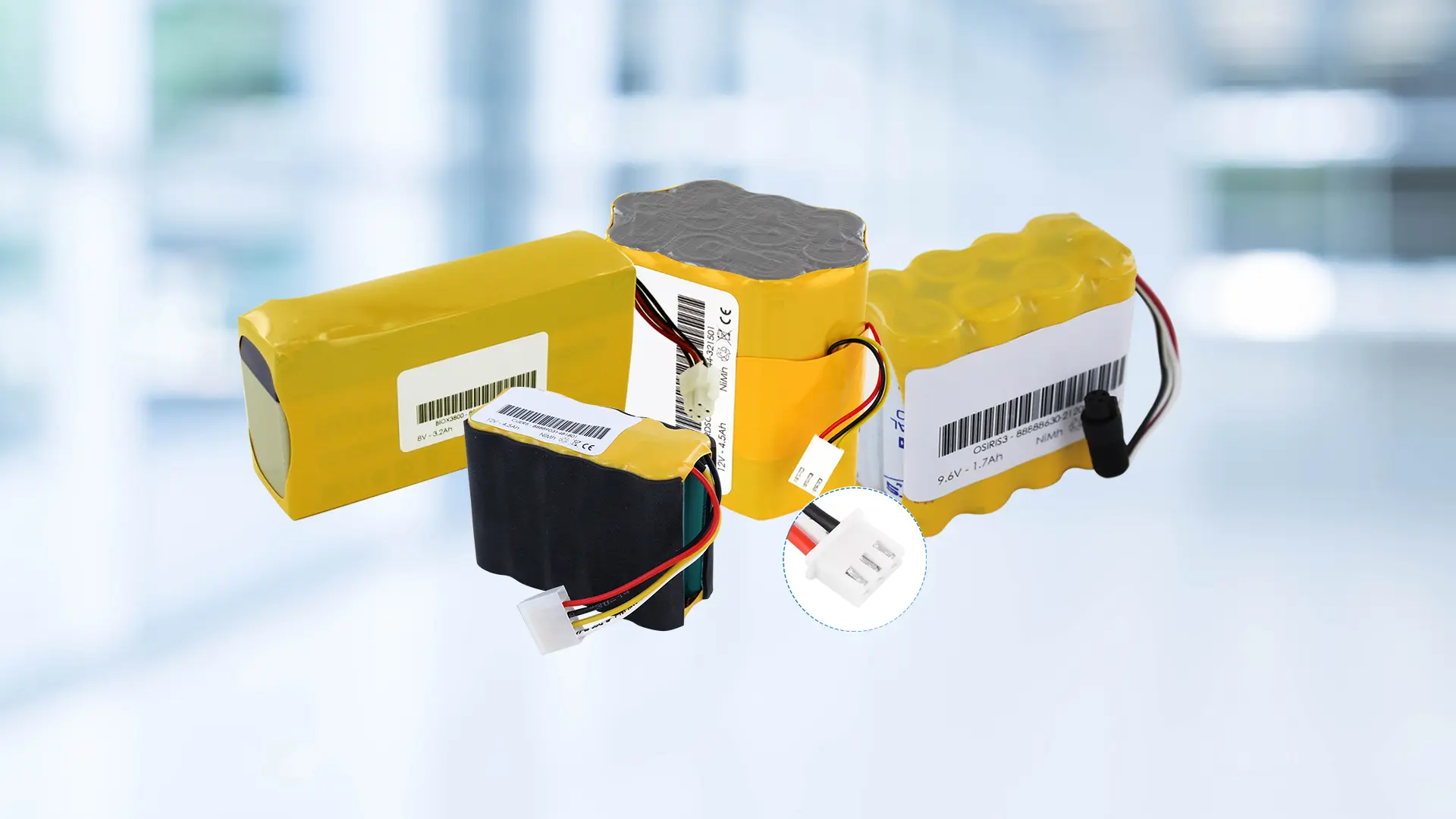
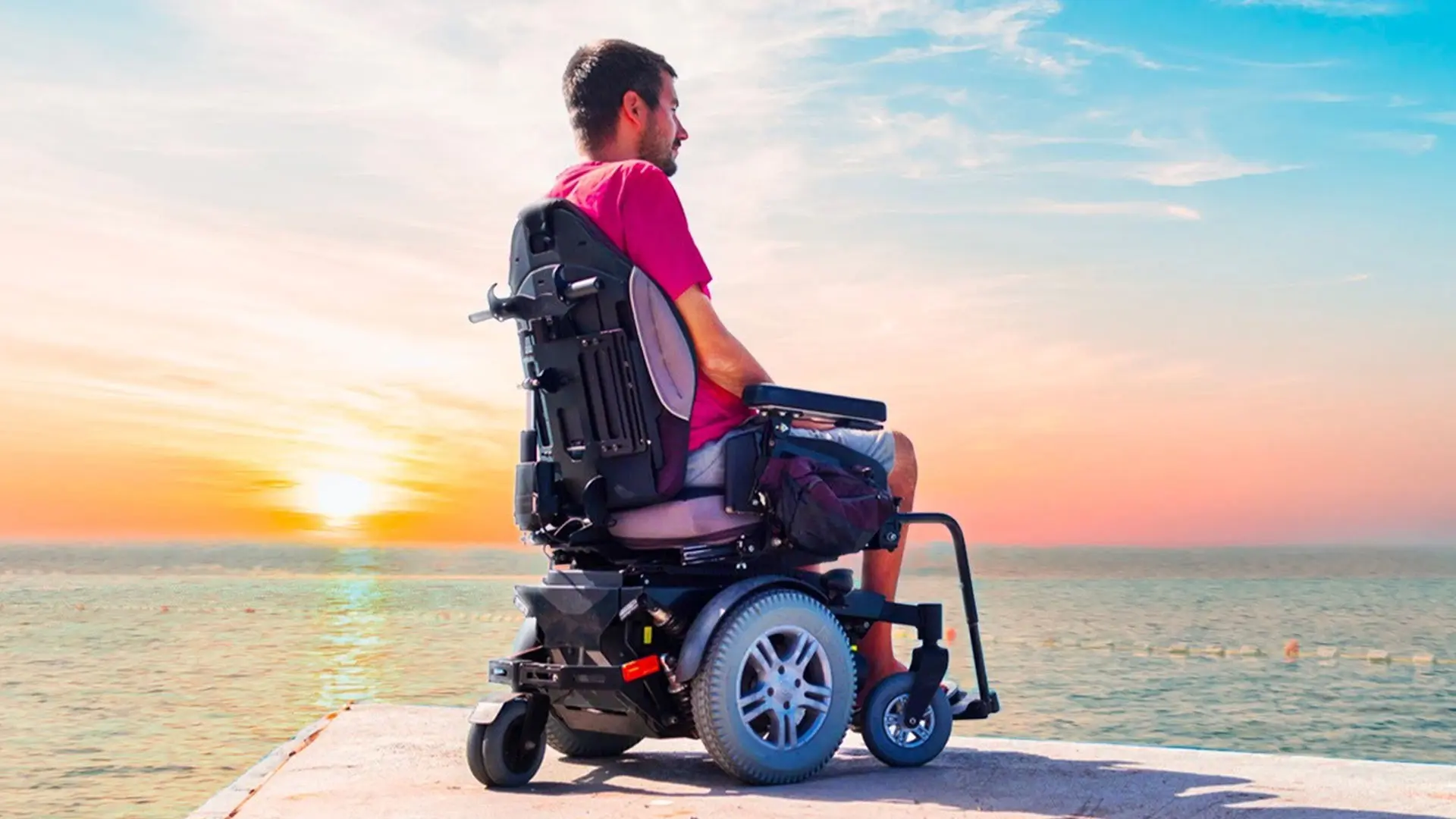
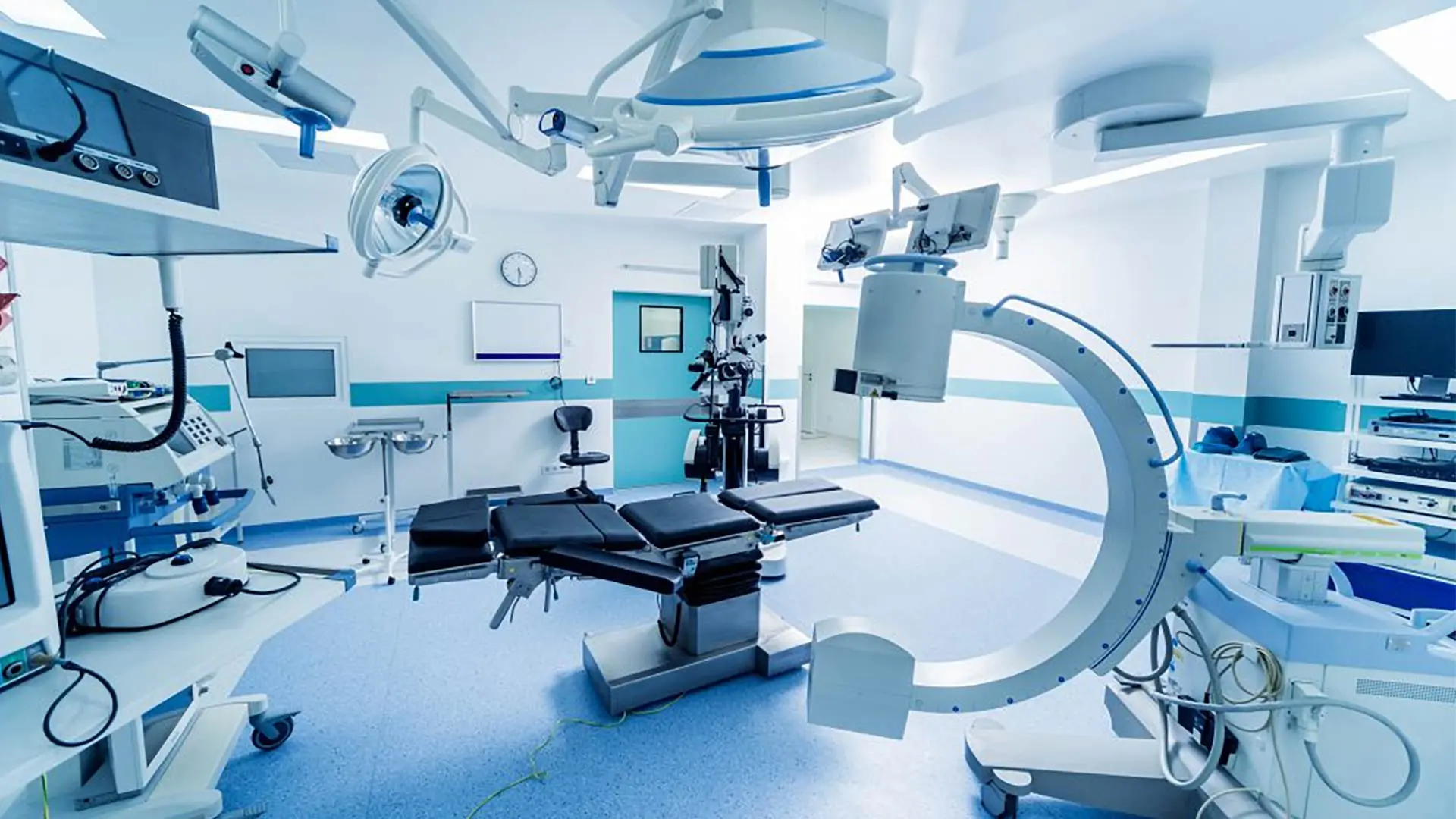
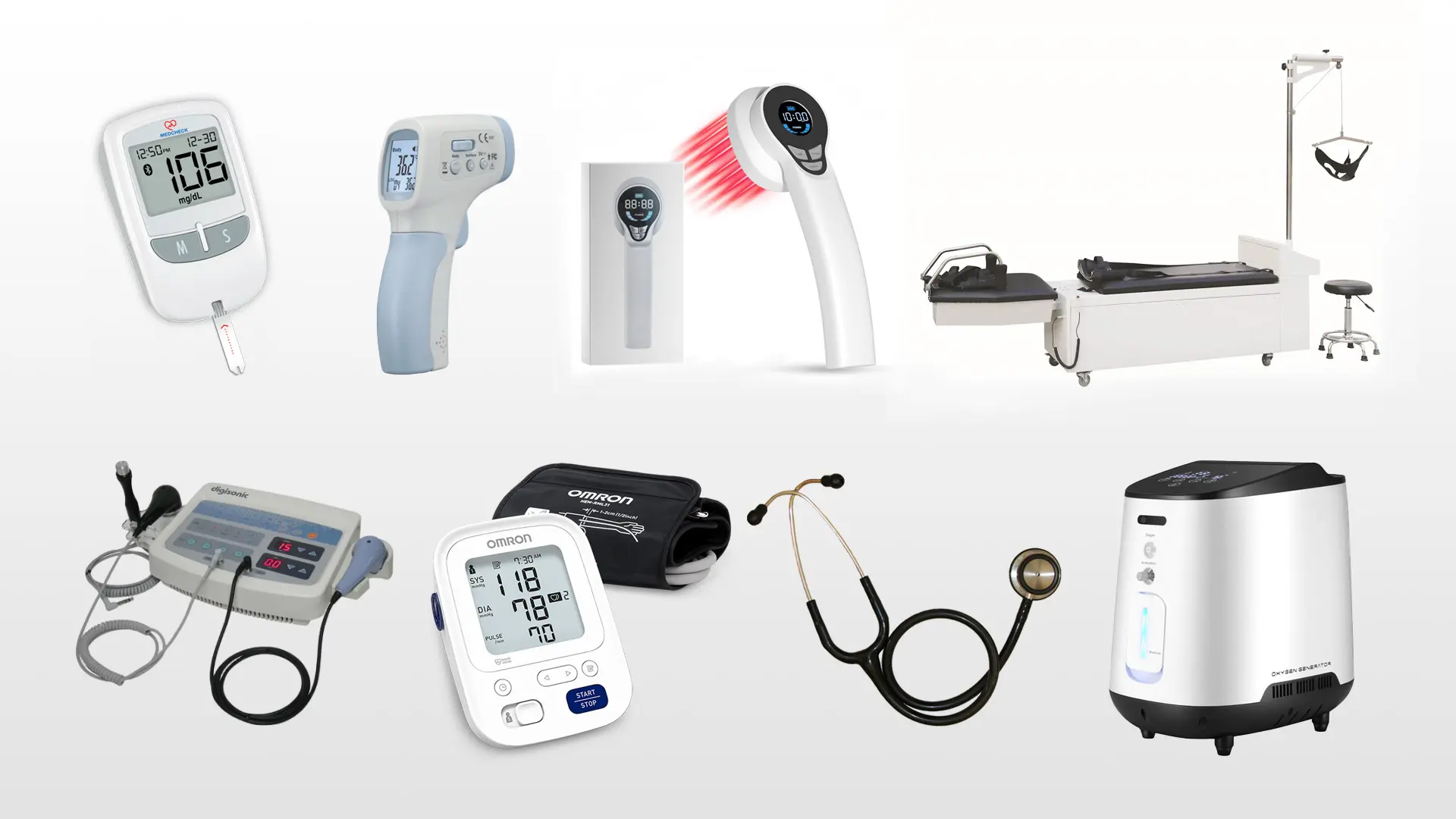
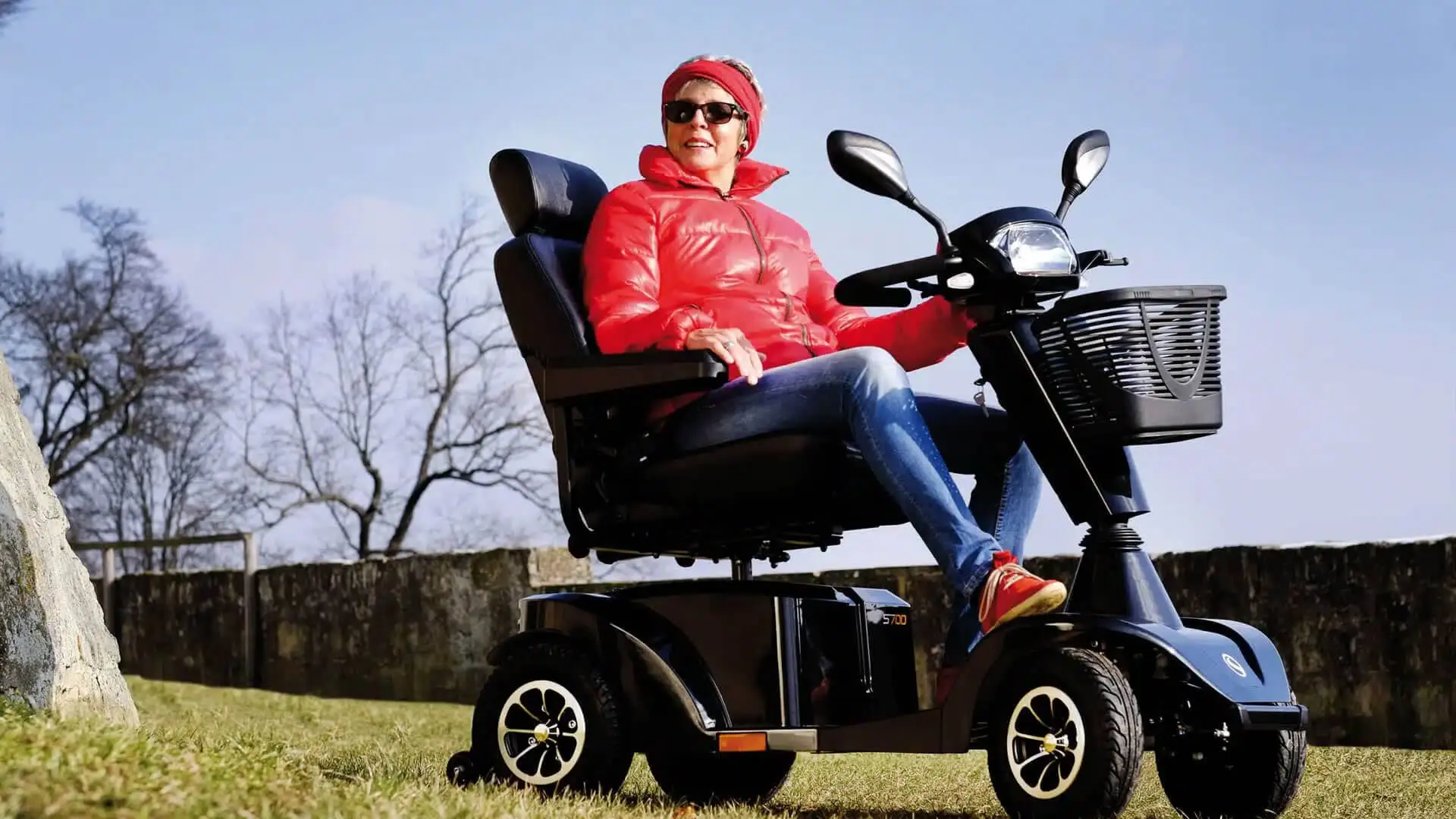
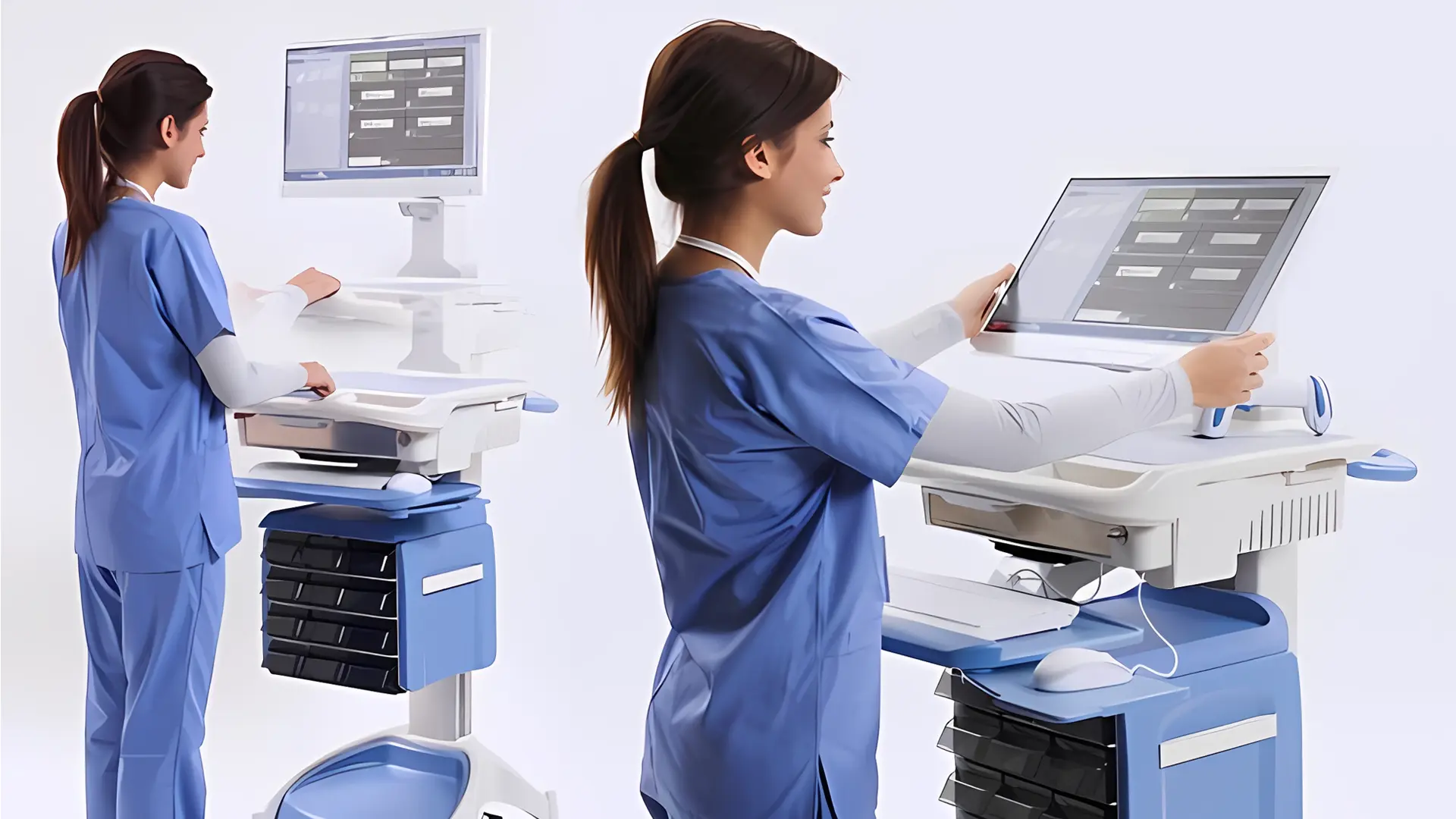

2 thoughts
Thanks for your message, we’ll keep updating!
Thank you! Your encouragement helps me a lot!